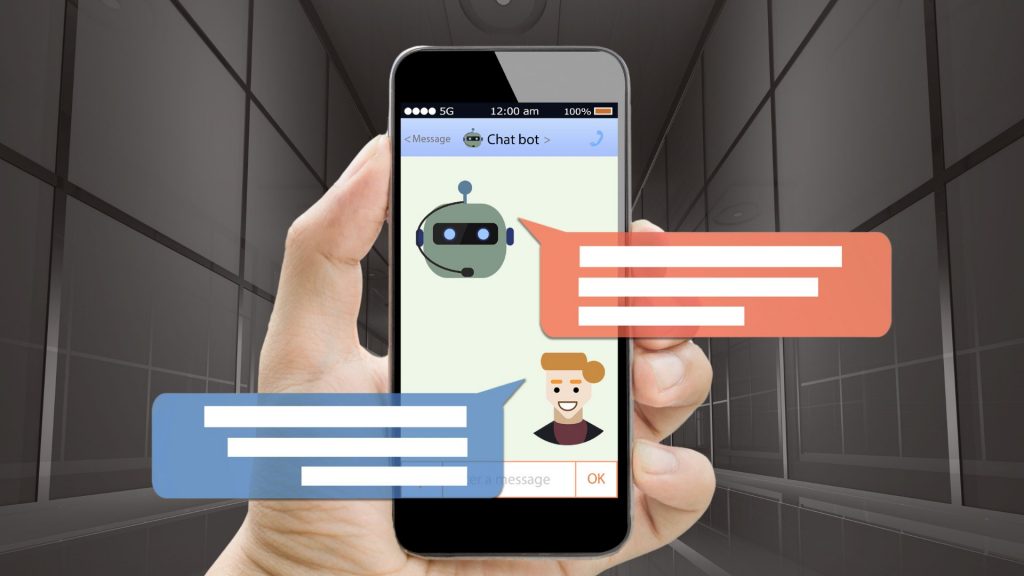Robotic Process Automation (RPA) is transforming the way accounting functions operate, and businesses of all sizes can reap the benefits of this technology. RPA provides a fast, cost-effective way to automate routine, repetitive tasks, freeing up valuable time and resources for higher-value work. With RPA, organizations can streamline their accounting processes, increase efficiency and accuracy, reduce errors and inconsistencies, and enhance overall productivity. We will delve into the way that automation is trending in 2023 and share some of the specific benefits of incorporating RPA into accounting functions, and how businesses can reap the full benefits of this powerful technology.
Automation trends in 2023
Consumer needs and business strategies are ever evolving, and organizations need to keep up with a changing world or risk falling behind. The need for products and services quickly, with an ever-tightening bottom line, is more apparent than ever, so how do organizations keep up?
Executive leadership have long resisted the advent of Artificial Intelligence as part of their business strategy, often due to a lack of understanding of what it exactly is. But with technology such as ChatGPT, and other readily available Artificial Intelligence platforms, it’s becoming more and more mainstream, and most progressive business leaders understand it’s time to adopt AI.
Rather than invest in Artificial Intelligence systems ad hoc simply because they “feel like they should,” organizations should identify processes that can benefit from automation from start to finish. By making smart investments that can be scaled across their organization, businesses can ensure long-term success from automation implementation.
One way organizations can integrate Artificial Intelligence into their business is through Robotic Process Automation. Artificial Intelligence is a complementary partner to Robotic Process Automation. Artificial Intelligence (or AI) is a broad all-encompassing term that’s applicable in a wide variety of use cases beyond simply within office technology. Robotic Process Automation mimics human behavior to complete common, repeatable tasks. For your organization, RPA and AI work in tandem to automate every part of your organization, allowing you to eliminate routine work for employees and allow them to invest in higher-value tasks.
What is RPA?
Robotic Process Automation (RPA) is technology that allows anyone today to configure software (aka a robot) to replicate the actions of a human using digital systems to complete tasks.
RPA robots capture data and use applications just like humans do.
How can RPA be used within Accounting and Finance?
Accounting, specifically Accounts Payable, has many rote and repetitive tasks that typically fall on the employees of that department. Employees may spend the majority of their time sitting in front of a dual monitor entering information from a spreadsheet into your ERP or other accounting system. Rather than rely on human output to complete these tasks, RPA can automate and actually improve those processes.
Robotic Process Automation doesn’t replace your ERP or other business software, in fact, RPA can bridge the gap between disparate systems. One use case for Robotic Process Automation can be as simple as taking data from a spreadsheet and entering it into a different software system with zero human intervention.
Robotic Process Automation has clear benefits specifically for distributors. Many of their processes, for example pricing and promotional updates, must be done manually and can be incredibly tedious work. Typically distributors work with hundreds of brands and thousands of SKUs, each vendor invoice takes time to be processed and when that is multiplied by the number of unique vendors they work with, it can lead to an overwhelming amount of manual processing that needs to be done. Fortunately, Robotic Process Automation can eliminate these frustrating tasks.
One example of Robotic Process Automation being used specifically within the realm of Accounting and Finance can be seen through PiF’s customer, Pine State Trading. They are Maine’s leader in the marketing and distribution of beverage products and deliver beer, wine, non-alcoholic beverages, and spirits to a customer base across Maine and New Hampshire. They have also been a customer of PiF Technologies since 2017. By utilizing RPA, Pine State Trading is able to eliminate the manual hours and mistakes commonly associated with hand-entering data.
What are the benefits of RPA in Accounting?
Eliminate Manual Data Entry
One of the biggest benefits of RPA is through the elimination of manual data entry. Within accounting this can be done by using software robots, or “bots,” to automate tasks such as copying and pasting data from one system to another. By automating these manual data entry tasks, RPA can help to significantly reduce the time and effort required to perform these tasks, and also minimize the potential for human error.
By automating manual data entry tasks, RPA can help accounting departments to focus on more strategic tasks, improve efficiency and accuracy, and ultimately drive business success.
Eliminate Mistakes
Unfortunately, when humans are the ones responsible for completing data entry tasks, errors can often arise. Through no intentional fault of the employees, data can slip through the cracks and even if it’s over 99% accurate, those few mistakes can lead to heavy remediation tasks that derail your organization. A massive benefit of RPA is that a bot can never make a mistake, so even if you consider your processes to be “mostly” accurate, you can move to 100% accuracy with the addition of Robotic Process Automation. RPA can also help to improve data accuracy and consistency by automating tasks such as data validation and reconciliation.
For example, a bot can be programmed to validate the data being entered against a set of predefined rules and to automatically flag any discrepancies. This can help to reduce errors and inconsistencies in the data, and improve the overall quality of the information being entered into accounting systems.
Reduce the Number of Employees Involved with Accounting Processes
When processes are being completed manually, it often requires a lot of hours of work from your employees. When they’re doing these rote and repetitive tasks, they are often unable to focus on work that helps to grow the organization. In addition, when employees are completing work that isn’t fulfilling mentally or emotionally, which could lead to higher turnover and dissatisfied and disengaged employees.
With Robotic Process Automation, your employees can be relegated to other, higher value tasks or move into different job functions. Long term, this can provide higher value to your organization and provide stronger job satisfaction to your employees.
How to implement Robotic Process Automation
The good news is that RPA is now well-known in the mainstream, and automating your processes is easier than ever. Thought leaders like Gartner and Forrester have provided readily available reports sharing the benefits and impact of the technology, which has led to widespread understanding and adoption. For organizations looking to implement Robotic Process Automation, it may be difficult to find a reputable partner and understand where to start.
When considering an RPA Consulting Partner, it’s best to gain an understanding of their longevity in the marketplace, the number of projects they have completed, and their ability to share a reference regarding that customer’s experience with their Partner and the RPA technology provider. PiF Technologies has been deploying RPA technology for more than 10 years and has hundreds of success stories.
If you’re ready to get started on your Robotic Process Automation journey, take the first step by completing the form below.







